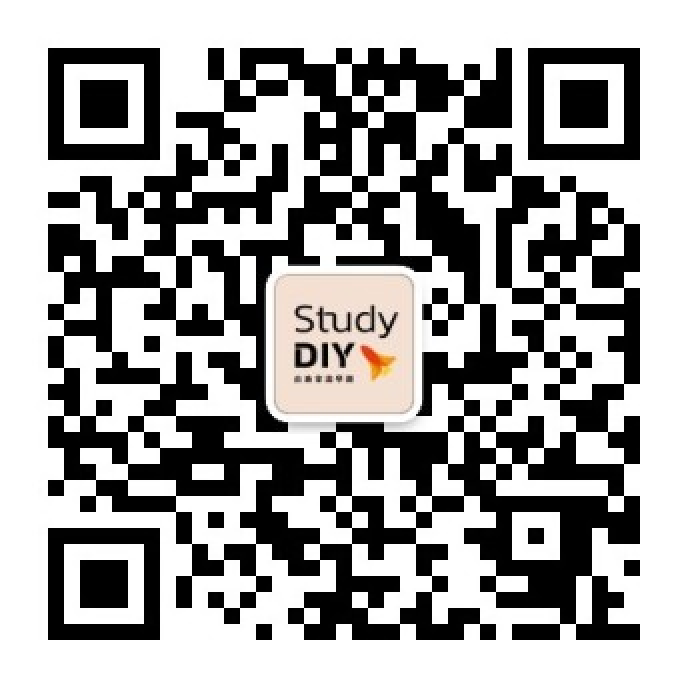
- United States
- United Kingdom
- Canada
- Australia
- Netherlands/Ireland
- High School
- University
- Research Institute
- Conditional Admission
- Community College
- Public College
- Private College
- Junior High School
- High School
- United States
- United Kingdom
- Canada
- Australia
- Netherlands/Ireland
- High School
- University
- Research Institute
- Conditional Admission
- Community College
- Public College
- Private College
- Junior High School
- High School
Study in Canada STUDY In Canada
Introduction
Education System Overview
Canada has always been known for its high-quality education and strong emphasis on academic research. Applying for a master's degree in Canada requires a more intricate preparation process compared to undergraduate studies, with some programs even requiring prospective students to contact potential supervisors in advance, highlighting the importance placed on research projects. However, not all master's programs necessitate rigorous academic abilities. Canadian education values practicality and tailors master's degrees into course-based and research-based programs based on applicants' career statuses, offering the most suitable master's education for the present moment.

Research-oriented Master's
Thesis-based Master’s
The program focuses on individual independent research, lasting one to two years. Through course lectures and professor guidance, students incorporate new knowledge into their thesis project, ultimately completing a personal thesis to obtain a degree. Those aspiring to further their studies in the research field can use a master's thesis as a stepping stone to further apply for a doctoral degree.

Taught Master's
Course-based Master’s
The program is designed primarily for professionals with work experience, hence reducing the academic research component in the curriculum. It emphasizes applying theory to practice, assisting professionals in using academia to solve workplace challenges. Common taught master's degrees include: MEd. (Master of Education) MC (Master of Counseling) MBA (Master of Business Administration).
Education System
Educational System
Canada and the United States have similar systems, with some minor differences in the education systems of each province. Compulsory education runs from the age of six to the completion of secondary education at age seventeen, except for the province of Quebec, which has its own education system. In contrast to the multitude of schools in the United States, Canadian universities offer relatively fewer choices, but they are known for their high-quality education. Canada's vocational education is also world-renowned, with attending college being just another option for higher education, as many public colleges offer excellent course quality. The adaptable education system has made Canada a popular destination for international students to study abroad.
Education systems vary by province in Canada. Here we provide a general comparison, for more details please contact StudyDIY study abroad consultants.
University
Undergraduate
Grade 1Grade 2Grade 3Grade 4Graduate School
Postgraduate
Grade 1Grade 2
University
Undergraduate
Grade 1Grade 2Grade 3Grade 4Graduate School
Postgraduate
Grade 1Grade 2
College
College
CertificateCertificateDiploma/Associate DegreeDiploma/Associate DegreeAdvanced DiplomaAdvanced DiplomaBachelor's DegreeBachelor's DegreeGraduate
Graduate
Graduate CertificateGraduate CertificateGraduate DiplomaGraduate Diploma
Technical-Vocational
Technical-Vocational
Grade 1Training Programs
Technical program
Grade 1Grade 2Grade 3Graduate School
Postgraduate
Grade 1Grade 2
Application Process
Application
The application process for studying in Canada is similar to that of the United States. Applications are typically open from September to around November to February of the following year, depending on the specific school's deadlines (slightly different for undergraduate and graduate programs). In addition to the usual documents such as study plans and resumes, most departments and schools require applicants to submit an essay. This essay allows students to explain their understanding of the field and helps schools gain a more comprehensive understanding of the students. The preparation of application documents for Canadian master's programs can be particularly intricate, with some schools requiring the drafting of a research proposal. Students interested in studying in Canada should plan ahead.
Step 1 - Application Preparation
- School Selection Strategy Planning
- Initial School Application Selection
- Study Abroad Exam Preparation
- Confirm Recommender Selection
Step 2 - Document Preparation
- Finalize School Application List
- Prepare Application Documents (Transcripts, Passport)
- Complete Writing and Editing of Application Documents
Step 3 - Official Application
- Confirm Recommender Submission of Recommendation Letter
- Provide Required Transcripts and Certificates
- Monitor Application Status and Application Email
Step 4 - Application Results
- Confirm Final School or Language Course Enrollment
- Arrange Accommodation
- Prepare Required Visa Documents
- Undergo Medical Examination
Step 5 - Pre-Departure Preparation
- Apply for Canadian Student Visa
- Select Courses According to School Regulations
- Confirm Dormitory Check-In Time
- Book Flight Tickets, Arrange Entry Itinerary
Recommended Articles
TOEFL / GRE / GMAT Exemption Zone
You can apply to universities/research institutes in the United States, United Kingdom, and Canada without TOEFL, IELTS, GRE, GMAT, or SAT scores!



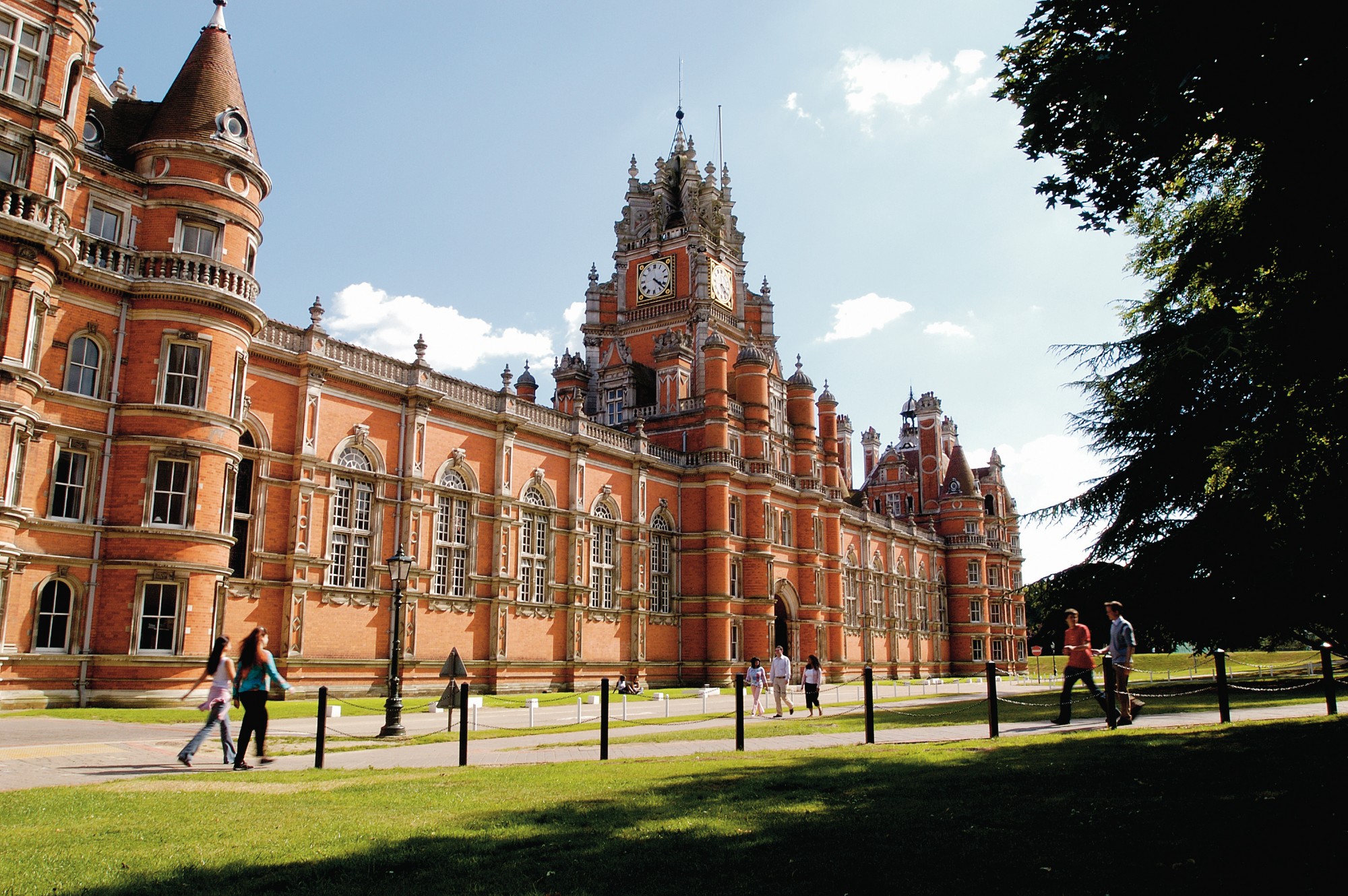
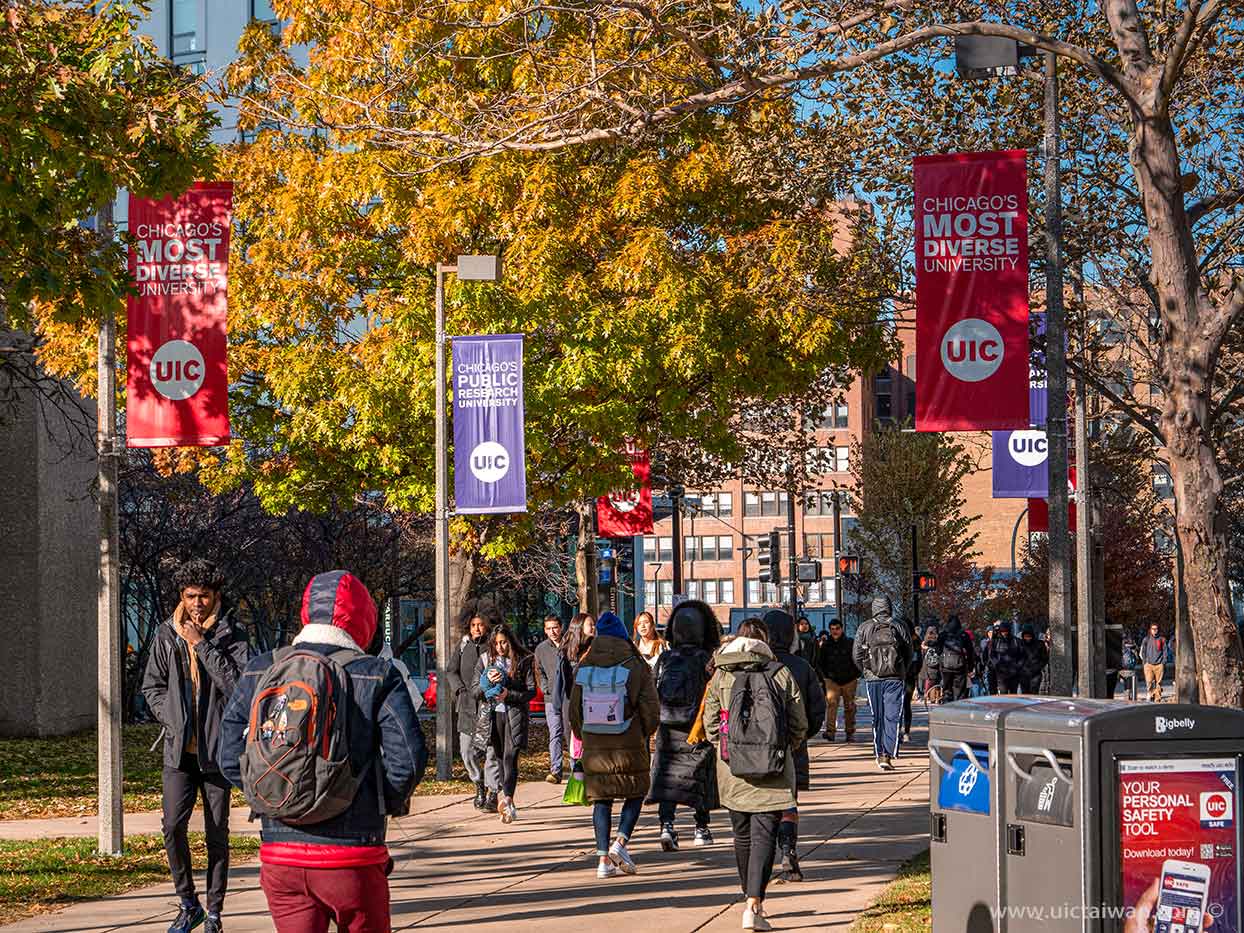

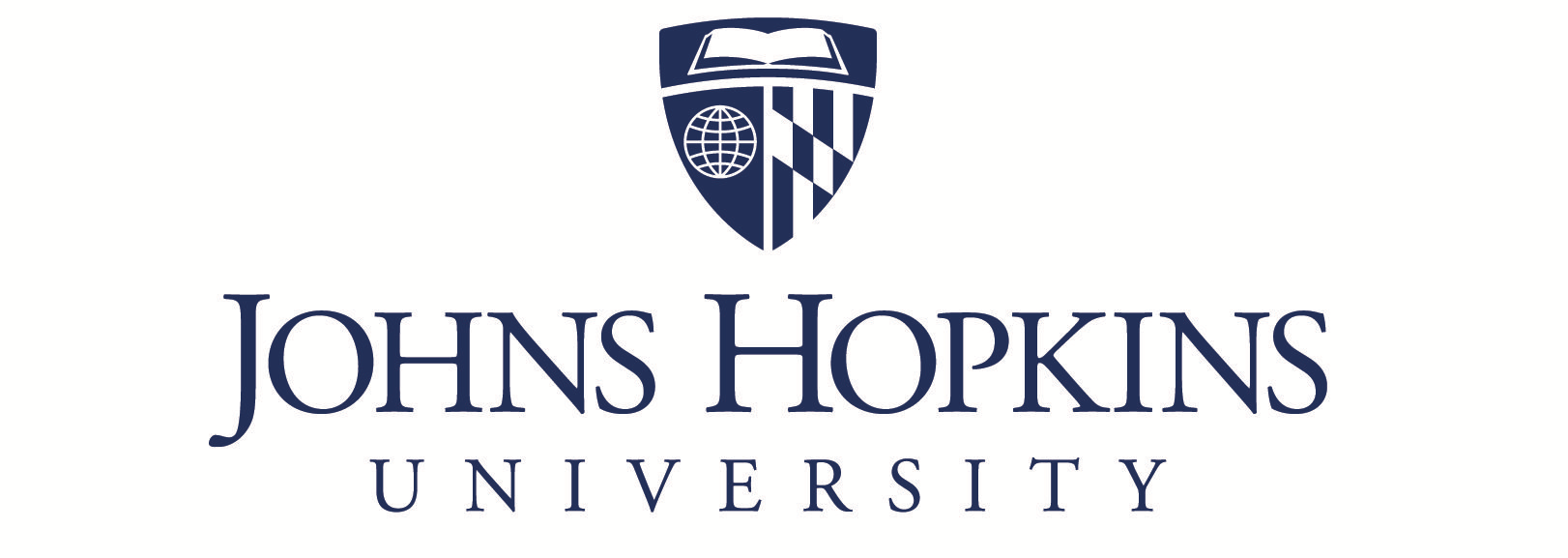
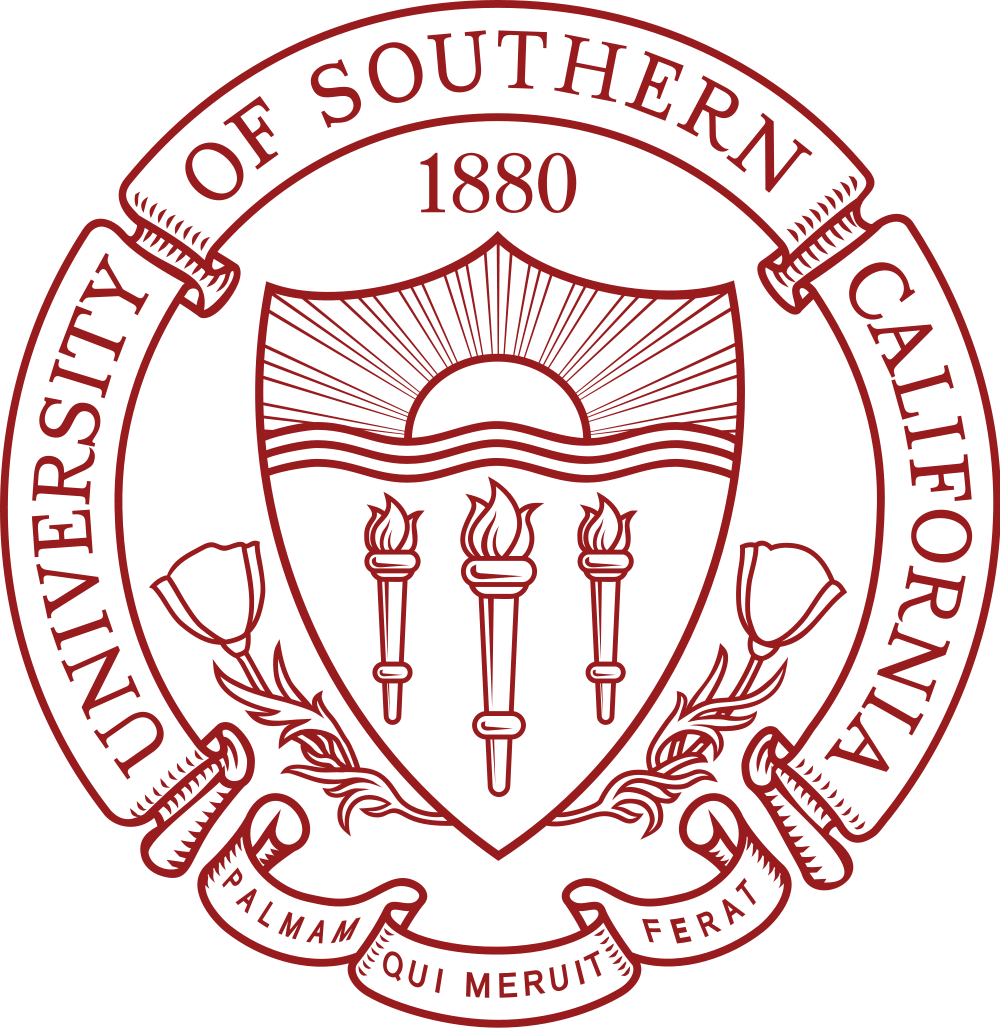
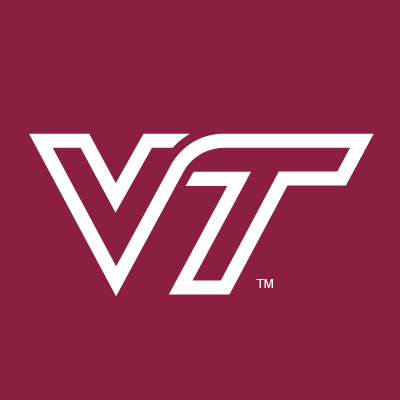
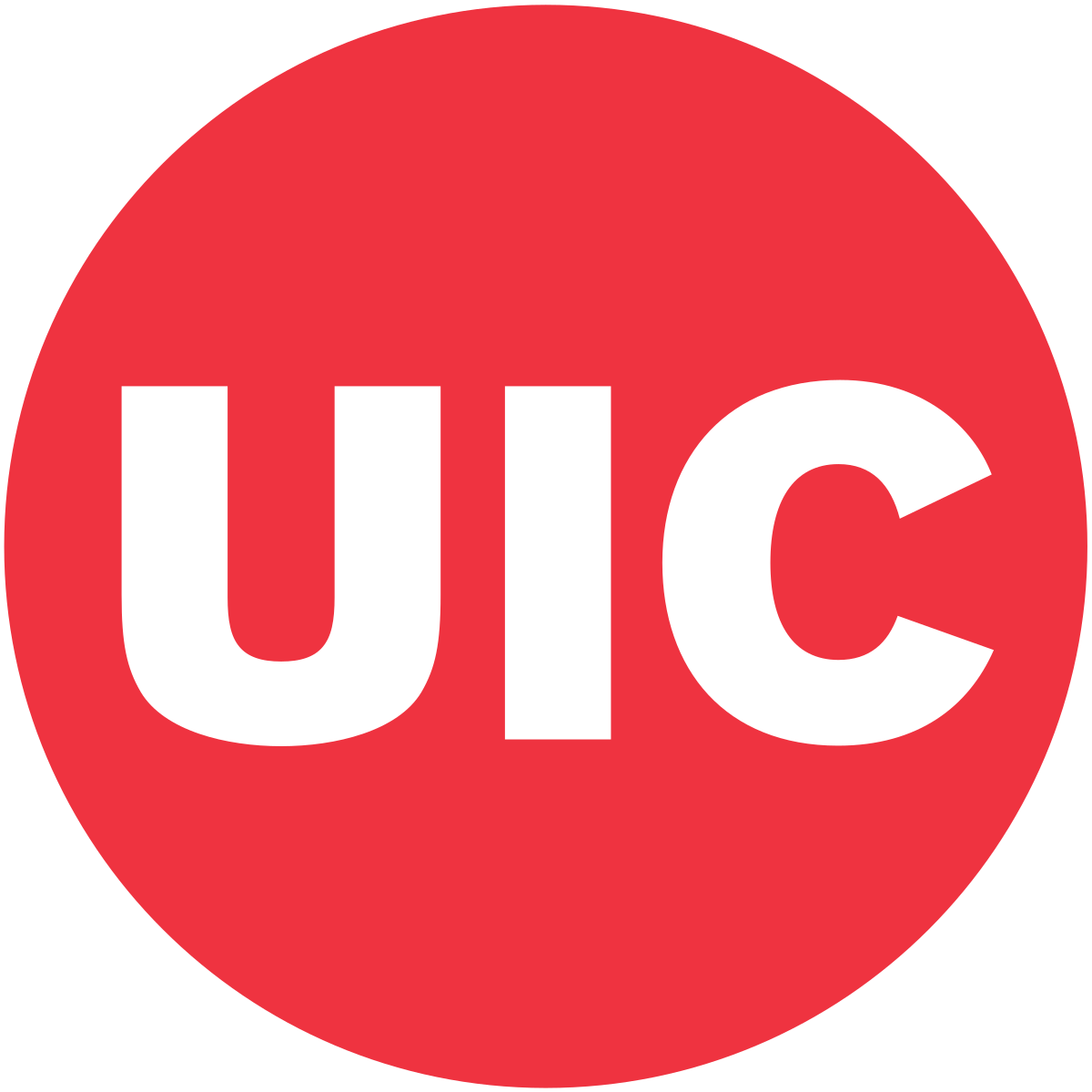
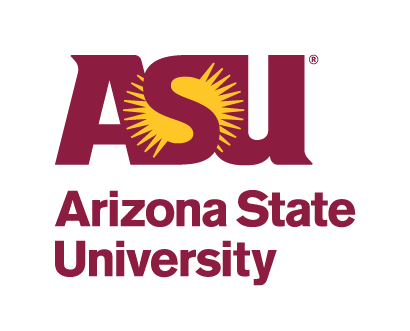
 Study in the USA
Study in the USA Study in Australia
Study in Australia Study in the UK
Study in the UK Study in the Netherlands/Ireland
Study in the Netherlands/Ireland Study in Canada
Study in Canada Conditional Admission
Conditional Admission



